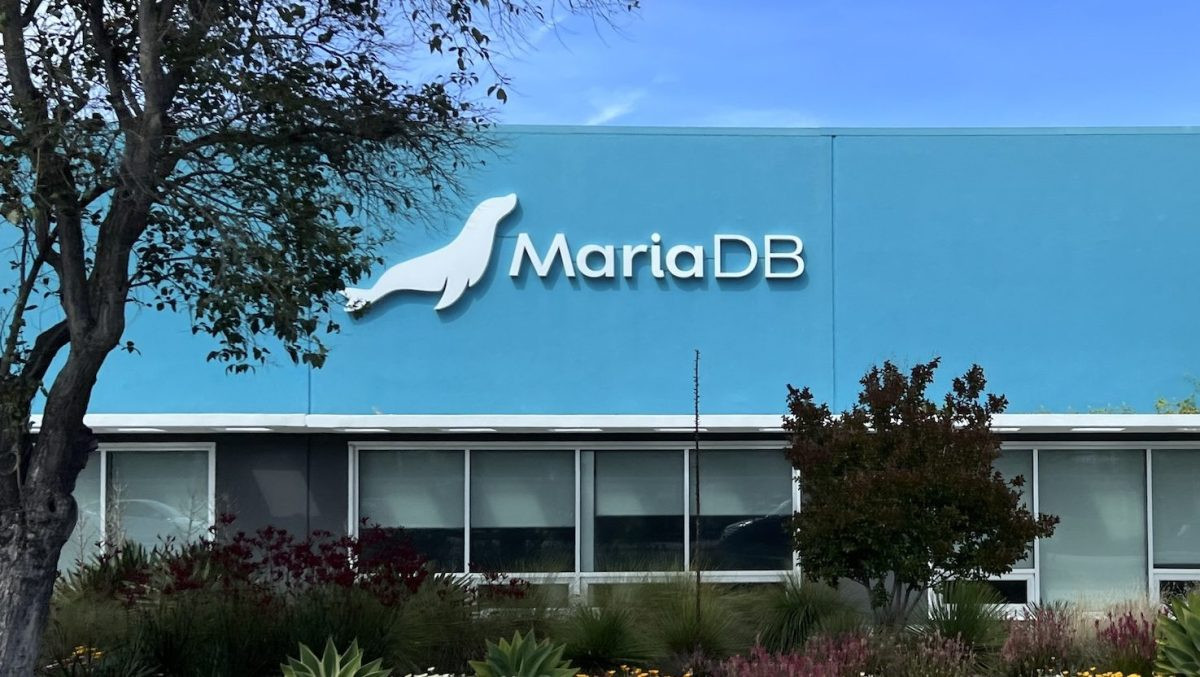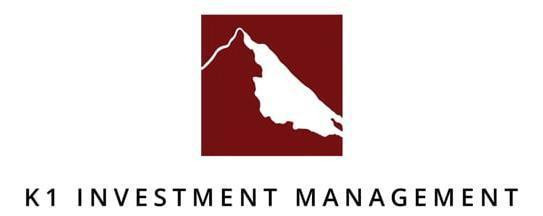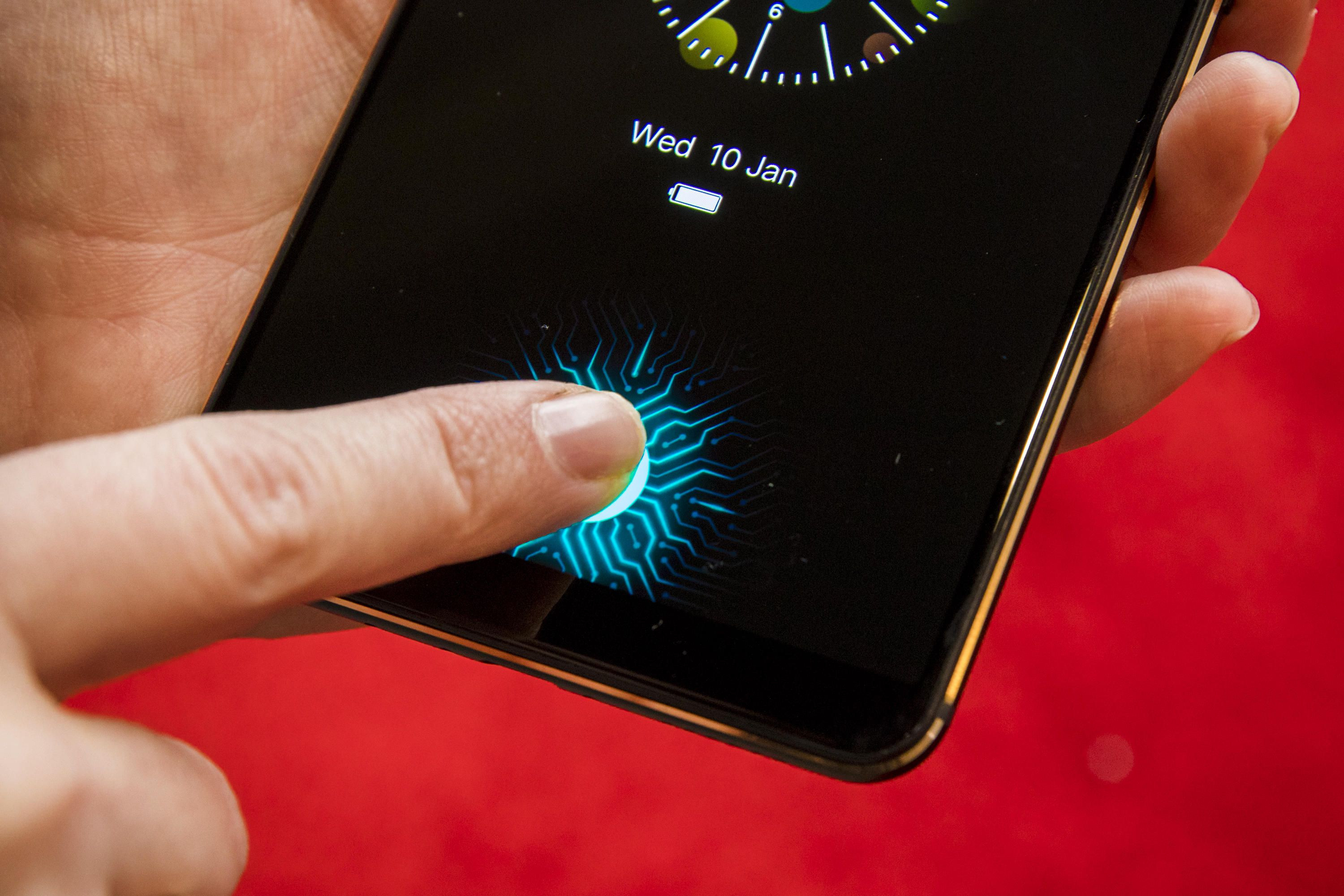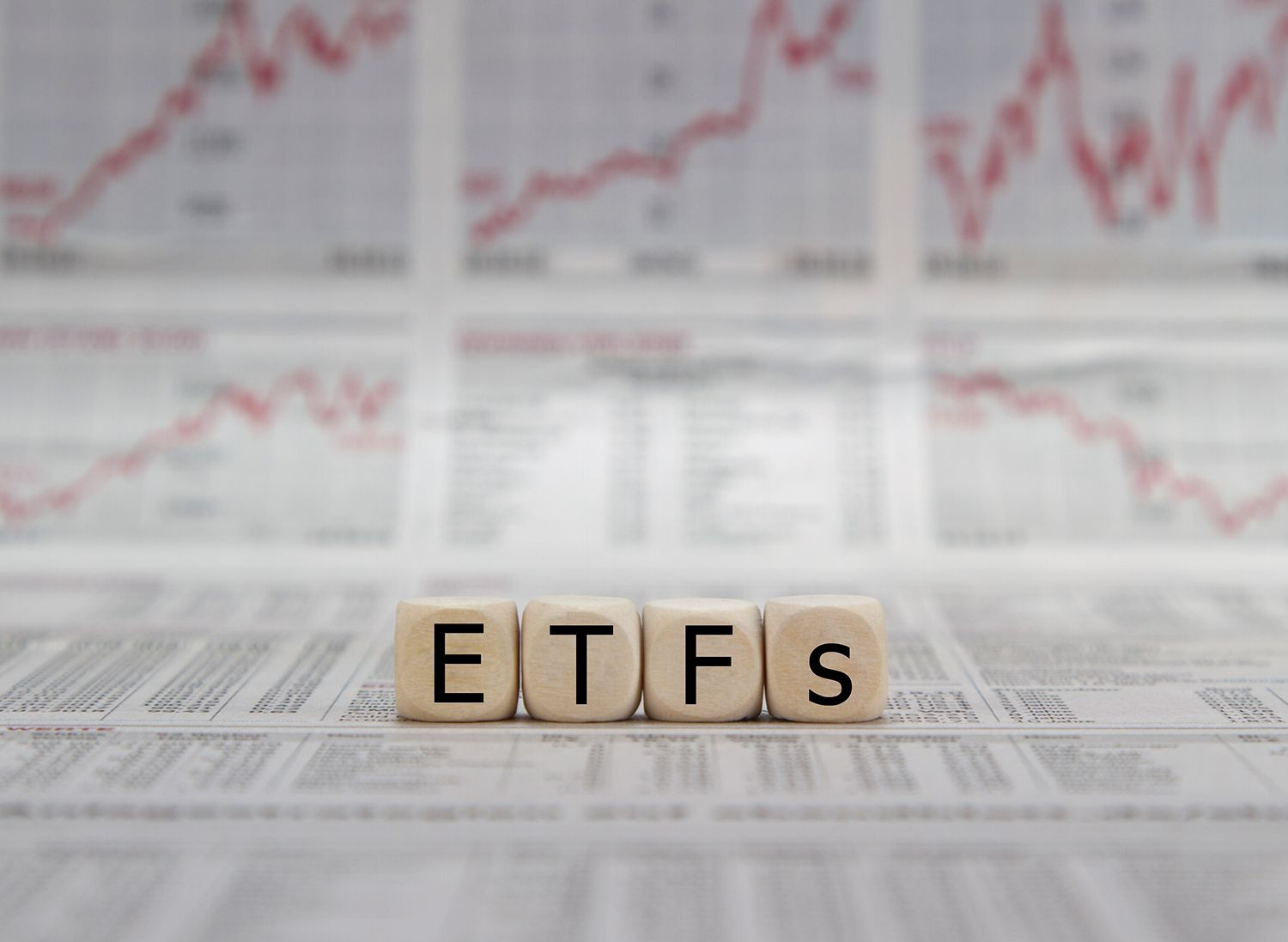MariaDB’s short-lived tenure as a public company is all but over, as the struggling database business is now fully under the auspices of K1 Investment Management. MariaDB also announced a new CEO in former Micro Focus executive Rohit de Souza, who replaces Paul O’Brien after just 16 months in the hot seat in preparation for life as a private company.
The company quietly filed a Form 25 with the Securities and Exchange Commission (SEC) on August 26, marking the day that California-based private equity firm K1 took full-ownership of MariaDB and de-listed its shares from the New York Stock Exchange (NYSE). Then last Thursday, MariaDB filed a Form 15 with the SEC, formally triggering the company’s de-registration process from the NYSE, which takes a full 90 days to take effect — this means that MariaDB will officially cease to be a public company on December 6, though for all intents and purposes the company is effectively private now given that trading has ceased and it has limited reporting obligations.
MariaDB launched as a MySQL fork some 15 years ago, following concerns about MySQL’s independence after a series of big bucks’ acquisitions led Oracle to effectively own the open source relational database management system. A namesake MariaDB corporate entity went on to raise around $230 million in funding through the years to sell premium features and services on top of the open source project, with the company eventually going public via a special purpose acquisition company (SPAC) in late 2022.
The public listing was far from fruitful, with its open day peak valuation of $445 million — a figure already way below its private high valuation of $672 million — dropping drastically in the months that followed to below $12 million at the start of 2024. A string of subpar earning reports had also prompted the NYSE to warn MariaDB that it wasn’t in compliance with listing rules that stipulate a company’s average global market capitalization can’t fall below $50 million over a consecutive 30-day trading period.
Off the back of all this, K1 tabled a non-binding proposal for MariaDB in February, offering $0.55 per share, which was the equivalent of around $37 million — a 189% premium on MariaDB’s February 5 closing price. Despite a slightly higher tentative offer from enterprise software company Progress that never materialized, K1 forged ahead to secure the majority of MariaDB’s shares in late July — this amounted to 88.7% of the issued shares. This was sufficiently high enough to kickstart a compulsory share acquisition notice, meaning that it was legally entitled to buy all outstanding ordinary shares from shareholders who hadn’t accepted the offer, at the same $0.55 price — and this is what concluded on August 26.
K1's Track Record and Plans for MariaDB
K1 has a track record in later-stage investments over its 12-year history, though it only has two previous take-private deals to its name — Elmo and Attraqt, both transactions concluding in the past two years. With this latest deal, K1 says that it plans to continue developing the product and double down on its customer base, which already includes the likes of the U.S. Department of Defense, Nokia, RedHat, Samsung, and Deutsche Bank.
“With K1’s support, we are poised to expand our capabilities and continue delivering the innovative database solutions our customers rely on,” de Souza said in a statement. “This partnership allows us to further product innovation, advancing our ability to support new workloads driven by AI and the cloud. We remain focused on making it easier for customers to transition from costly alternatives and meet the rapidly growing demands for AI and cloud-based solutions.”
The Future of MariaDB and its Foundation
Despite all the changes going on at MariaDB PLC, the MariaDB Foundation, which is responsible for the governance of the MariaDB open source project, is still going strong. The not-for-profit last year signed up Amazon Web Services (AWS) as its first “diamond” sponsor, which should help placate at least some users of the community-driven MariaDB incarnation. Indeed, the MariaDB Foundation is also in the midst of bringing vector search — a major component of the AI revolution — to its main database product, with Amazon one of the main contributors to the initiative alongside MariaDB itself.
The Take Away
MariaDB's journey has been a rollercoaster, marked by its initial success as an open-source database, followed by its struggles as a publicly traded company. This acquisition by K1 marks a new chapter for MariaDB. The private equity firm has a history of investing in and scaling software companies, so it's possible that MariaDB could see renewed growth under K1’s guidance. The company's future will depend on its ability to innovate, meet the growing demands of the market, and maintain its relationship with the open-source community. Only time will tell if this acquisition will be the catalyst for MariaDB’s success.


















